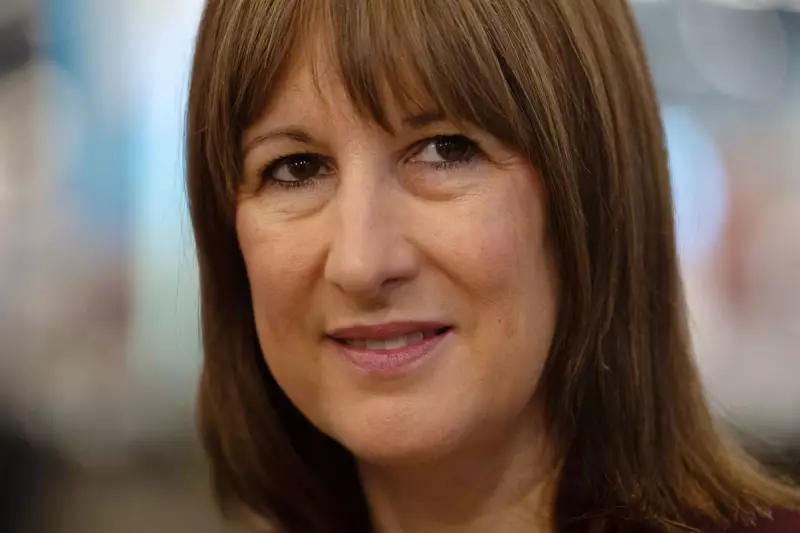
Chancellor of the Exchequer Rachel Reeves has pledged to make 'fair and necessary choices' as she prepares to deliver her second Budget on Wednesday, a statement widely anticipated to include a series of tax increases.
A Balancing Act: Fiscal Credibility and Living Costs
Against a backdrop of economic pressure, the beleaguered Government hopes the Budget will placate backbench Labour MPs. Ms Reeves has vowed to tackle the cost-of-living crisis while simultaneously working to reduce the costs of Government debt.
She insisted she will not return Britain to austerity nor lose control of public spending with reckless borrowing. Instead, the Chancellor aims to push ahead with what she calls 'the biggest drive for growth in a generation'.
To maintain fiscal credibility, Ms Reeves is expected to take steps to increase her fiscal headroom—a buffer on her self-imposed borrowing rules. With major spending cuts ruled out, tax rises are set to be the primary method of addressing the shortfall in the public finances.
The 'Smorgasbord' of Expected Tax Measures
The Chancellor is reportedly adopting a 'smorgasbord' approach to raising taxes. While she has dropped plans to hike the headline rate of income tax—a move that would have broken a Labour manifesto pledge—other measures are on the table.
A freeze on income tax thresholds is apparently being considered, a move that would drag more people into paying tax or into a higher rate as their wages increase.
Other potential tax rises among the dozen being considered include:
- Limits on pension contributions under salary sacrifice schemes, subjecting them to National Insurance.
- A so-called 'mansion tax' on properties worth over £2 million.
- A new levy on gambling.
- Pay-per-mile charging for electric vehicles.
Targeted Relief and Minimum Wage Boost
In a bid to address living costs, Ms Reeves is expected to scrap the two-child benefit cap, a measure estimated to cost between £3 billion and £3.5 billion by the end of the Parliament.
She is also reportedly considering a continued freeze in fuel duty, set to cost a further £3 billion according to The Times.
On Tuesday, the Chancellor announced she would accept the latest recommendations of the Low Pay Commission to raise the minimum wage. This will grant the equivalent of a £900-a-year pay rise for full-time workers over the age of 21.
As Budget day dawns, farmers are set to protest in Westminster about inheritance tax, though the Metropolitan Police have banned them from bringing their tractors.





